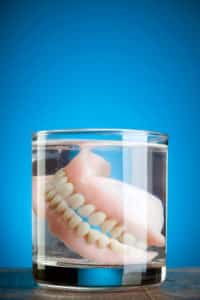
Acidic Juice
You might love a glass of orange juice with your breakfast, but if you’ve had oral surgery, you need to replace it for at least a few days. That’s because it’s very acidic. When it hits your surgery site, it can irritate the skin and even increase the chances of infection. You want to avoid orange juice, lemonade, and any other drink that contains a lot of citric acid until your mouth heals.
Alcohol
It should go without saying that you need to avoid drinking alcohol until you’ve fully recovered from your oral surgery. In addition to the damage it can do to your mouth, you’re also likely going to be taking a prescription pain medication for a few days. Alcohol can interact with these medications and lead to serious conditions such as liver failure.
Coffee
Another drink to take off the menu for several days to a week is coffee. It may give you that jolt of energy you need to wake up in the morning, but it’s usually very hot. That can prevent your blood from clotting correctly. If you add sugar to it, that sugar feeds the bacteria in your mouth that causes infection. Cold coffees are also usually full of sugar, so you’ll want to avoid them, too.
In addition to these drinks, it should go without saying that you don’t want to drink soda or anything that contains a lot of sugar. Instead, stick to water and low-sugar drinks such as milk. If you have any questions about what you should drink, give us a call. We’ll be happy to help you out.

 The dentures you have are not your grandmother’s dentures. Your grandmother’s dentures looked fake from the beginning. You might even remember seeing her take them out to soak them! Today’s dentures are very different from the dentures that were worn 50 or 60 years ago. Dentures today are made from lighter and stronger materials, and they look like natural teeth.
The dentures you have are not your grandmother’s dentures. Your grandmother’s dentures looked fake from the beginning. You might even remember seeing her take them out to soak them! Today’s dentures are very different from the dentures that were worn 50 or 60 years ago. Dentures today are made from lighter and stronger materials, and they look like natural teeth.